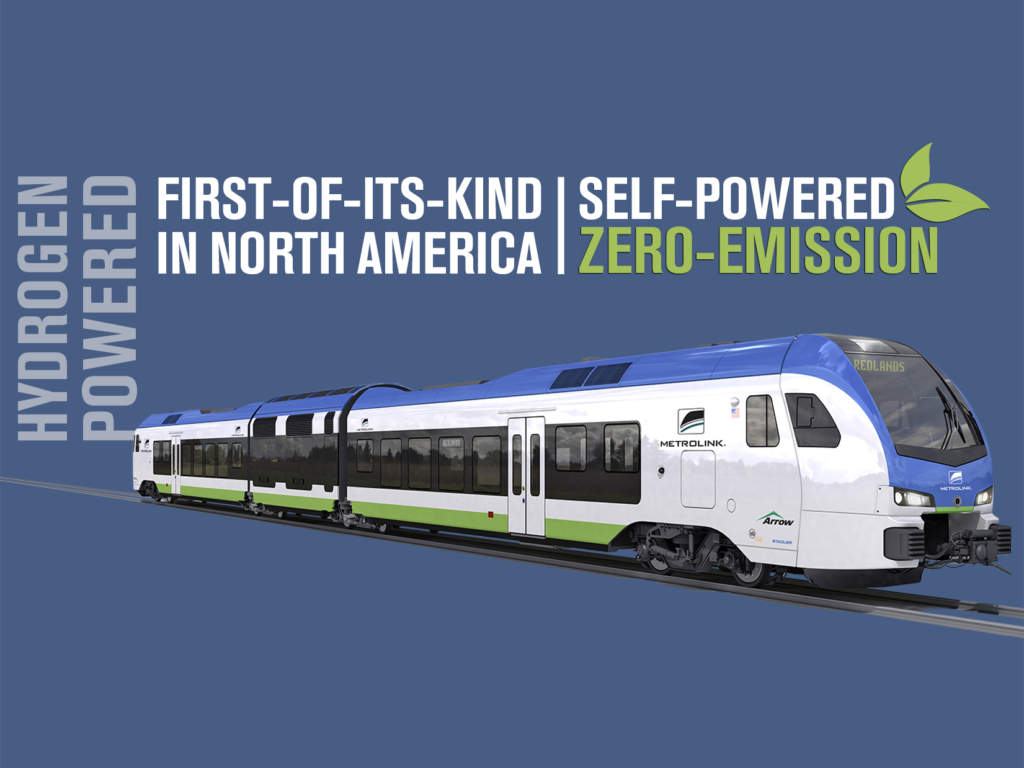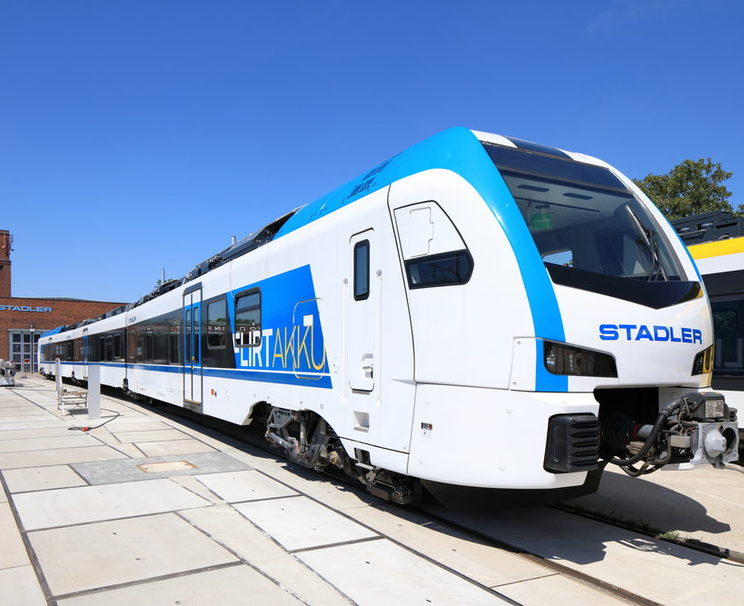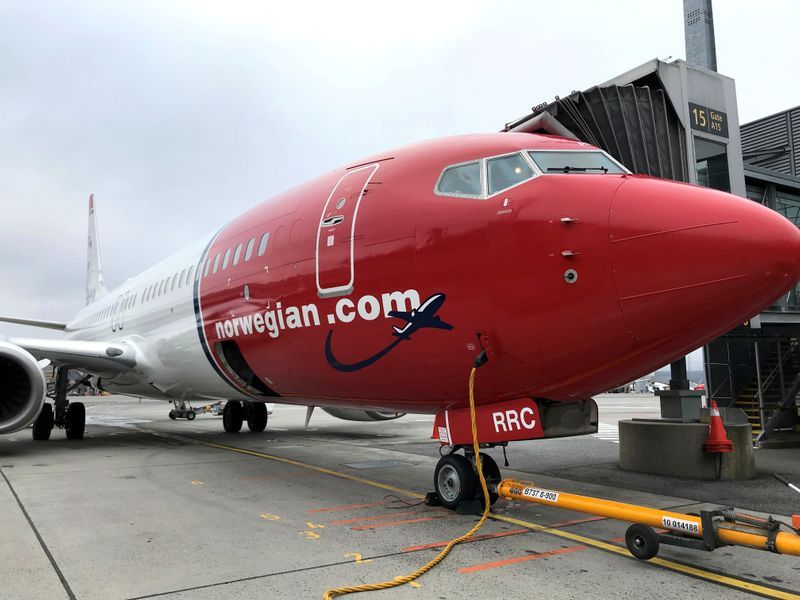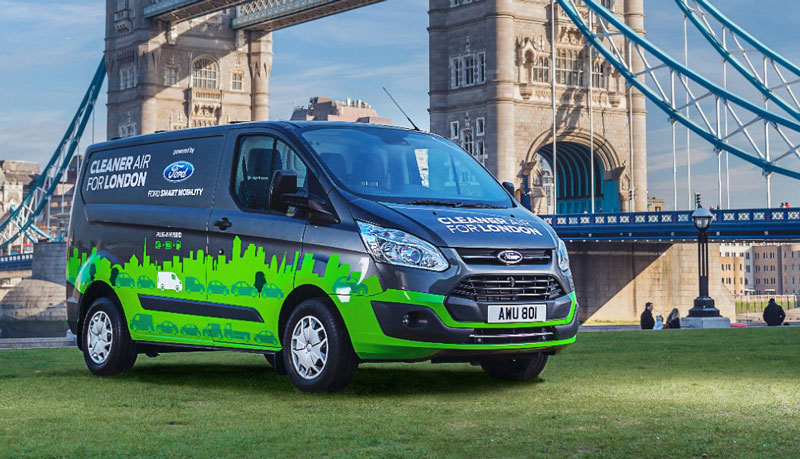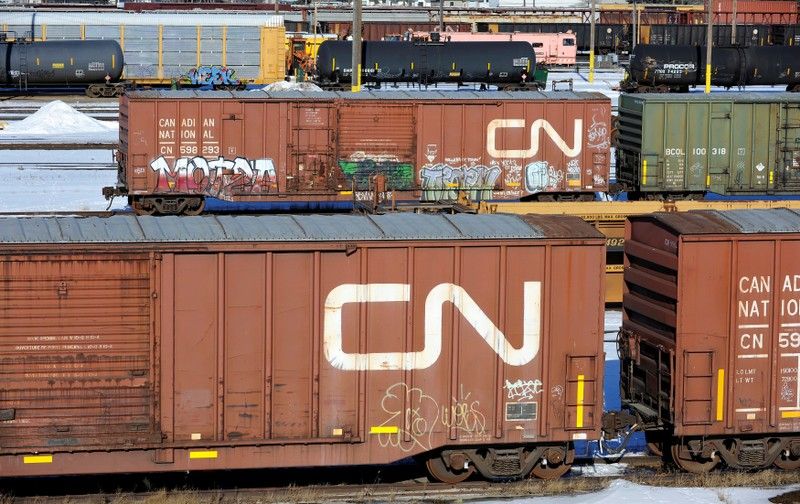The three unit FLIRT Akku used for the record journey has been developed by Stadler since 2016 as a local CO2 neutral mobility solution for the climate-friendly operation of unelectrified railway routes. The vehicle was approved by the German Federal Railway Office and introduced to the public for the very first time in 2018. Ever since when the FLIRT Akku test carrier has travelled around 15,000 kilometers in battery only operation, before setting the world record for a regional train journey in battery-only mode without additional charge now.
Climate friendly bestseller FLIRT
The first Fast Light Intercity and Regional Train was developed in 2002 at the request of the Swiss Federal Railways SBB for the Zug city railway. Ever since the unit was put into service, the FLIRT has turned into an international bestseller with over 2,000 vehicles sold. These vehicles are being operated in 20 countries in virtually all climate zones, from the equator to the polar circle, with 528 of them operating in Germany alone. The single-decker regional and intercity multiple unit convinces with its flexibility in the process. The trains are configured for normal and broad gauge tracks, with top speeds of 160 to 200 km/h. Thus, the FLIRT can be customized to any individual client requirements in terms of its drive technology, number of seats, passenger flow and interior design. The lightweight aluminum construction and common components help to keep the operating, energy and maintenance costs low. Besides electric, diesel or bi-modal drives, the FLIRT is also available with climate-friendly battery and hydrogen propulsion.
With the FLIRT Akku train sets, Stadler has developed a so called BEMU (battery-electric multiple unit) that will run as both a classic EMU (electric multiple unit) under overhead contact cable or battery-operated on un-electrified routes. This makes it optimal for partly electrified routes that currently still need to be served with diesel trains. Stadler had already won the first green technology tender in Germany and sold 55 FLIRT Akkus to NAH.SH, the Schleswig-Holstein Local Transport Association in 2019. In November 2021, another order for 44 vehicles followed from Deutsche Bahn Regio. In addition Stadler is also building the first hydrogen-powered FLIRT for the San Bernardino County Transportation Authority (SBCTA) in the USA.
